
As the weather warms up it’s time to start thinking about getting out on the water. Kayaking is a great way to get out and enjoy the great outdoors but doing so requires a bit of preparation. Anytime you’re out on the water, preparing for the weather is an important way to make sure to take your adventure from good to great. What you choose to wear is a big part of that. Here’s Mountain Khakis Guide to what to wear while kayaking in any temperature.
Essential Kayaking Apparel for All Conditions
Kayaking across diverse environments, from the still waters of a great lake to the unpredictable conditions of the sea, requires a versatile wardrobe. Always start with a robust base layer that manages moisture; these are crucial for any water temperature. Add an extra layer like a paddling jacket or a dry suit for cold water excursions. Remember, the right footwear can make a difference; water shoes are a must-have for navigating slippery surfaces and protecting your feet.Base Layers
A base layer sits closest to the skin and is usually made of moisture-wicking materials. Moisture-wicking materials help pull sweat from your body to keep your clothing dry and prevent chafing. A moisture-wicking shirt also dries quickly in the event that it gets wet (thus the term moisture-wicking). Depending on the temperature you can find suitable base layers in either short sleeves or long sleeves. Base layers are made from a variety of materials; either synthetic fibers or merino wool are popular fabrics.
What to Wear Kayaking in Cold Weather
When gearing up for a kayaking adventure in cold weather, choosing the right clothing is essential to stay warm, comfortable, and safe on the water. Here's a comprehensive guide to help you dress appropriately for your cold-weather kayaking expedition.
Insulating Layers
One of the key elements of staying warm while kayaking in cold weather is layering. Thermal wear is crucial as it helps trap body heat and keeps you insulated even when wet. Avoid cotton materials, as they tend to retain moisture and can make you feel colder. Instead, opt for synthetic or wool-based fabrics that wick away moisture and retain heat, such as fleece or merino wool.
Protective Outerwear
Depending on the water temperature, you may need either a dry suit or a wet suit to protect yourself from the cold. Dry suits are ideal for kayaking in extremely cold water conditions as they provide full-body protection from water exposure. Wet suits, on the other hand, are suitable for milder cold conditions and offer insulation by trapping a thin layer of water against your skin, which then warms up to your body temperature.
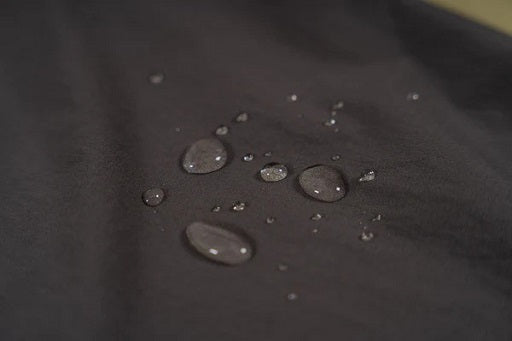
Extremities Protection
Don't forget to protect your extremities from the cold. Invest in a good pair of thermal gloves, socks, and a cap to keep your hands, feet, and head warm while paddling. Neoprene gloves and booties are excellent choices as they provide insulation and are water-resistant, keeping your hands and feet dry and comfortable throughout your kayaking trip.
Special Considerations for Unique Conditions
Whether you’re planning a tranquil paddle board session or a dynamic sea kayak adventure, every kayaking trip benefits from tailored apparel. For rainy days, don’t underestimate the importance of rain pants and a high-quality dry top. In windy conditions, a layered approach with a secure outer layer helps maintain core warmth and comfort. Engaging in kayak fishing? Opt for specialized fishing kayaks that offer stability and consider the convenience of kayak rentals for occasional adventurers.
Rainy and Windy Conditions
In addition to cold temperatures, rainy and windy conditions can add to the chill factor while kayaking. Be sure to pack extra protective gear such as a waterproof or water-resistant paddling jacket and pants to shield yourself from wind and rain. Additionally, consider wearing high-visibility clothing to ensure other boaters can see you in low-light conditions.
Transitional Weather
Transitional weather conditions can pose unique challenges for kayakers. Layering is key to adapting to changing temperatures throughout your trip. Start with a moisture-wicking base layer, add insulating layers for warmth, and top it off with a waterproof outer layer to protect against rain and wind. This versatile layering strategy allows you to adjust your clothing as the weather conditions fluctuate.
By following these guidelines and investing in the right gear, you can enjoy kayaking in cold weather conditions safely and comfortably. Remember to always check the weather forecast and water conditions before heading out on your kayaking adventure, and dress accordingly to stay warm and dry on the water.
What to Wear Kayaking in Warm Weather: Stay Cool and Comfortable on the Water
Kayaking is an adventure-filled activity that allows you to immerse yourself in nature while enjoying the serenity of the water. When preparing for a kayaking excursion in warmer weather, it's crucial to dress appropriately to ensure both comfort and safety. Here's a comprehensive guide on what to wear kayaking in warm weather:
Top Wear: Stay Cool and Protected
Opt for breathable, quick-drying shirts that will keep you comfortable throughout your kayaking adventure. Look for lightweight tops made from moisture-wicking materials that will help regulate your body temperature and keep sweat at bay. Long-sleeved shirts with UPF protection are ideal for shielding your skin from the sun's harmful rays.
Bottom Wear: Lightweight and Functional
Choose lightweight shorts or swimwear that allow for unrestricted movement while paddling. Look for bottoms made from quick-drying fabrics that won't weigh you down when wet. Nylon shorts are excellent choices for warm weather kayaking, providing both comfort and functionality.
Safety Gear: Protect Yourself from the Sun
Ensure you have the necessary safety gear to protect yourself from the sun's rays while kayaking. Wear a wide-brimmed hat to shield your face and neck from direct sunlight, and don't forget to apply waterproof sunscreen to exposed skin. Sunglasses with UV protection will help protect your eyes from harmful UV rays, while a hydration pack or water bottle will keep you hydrated throughout your adventure.
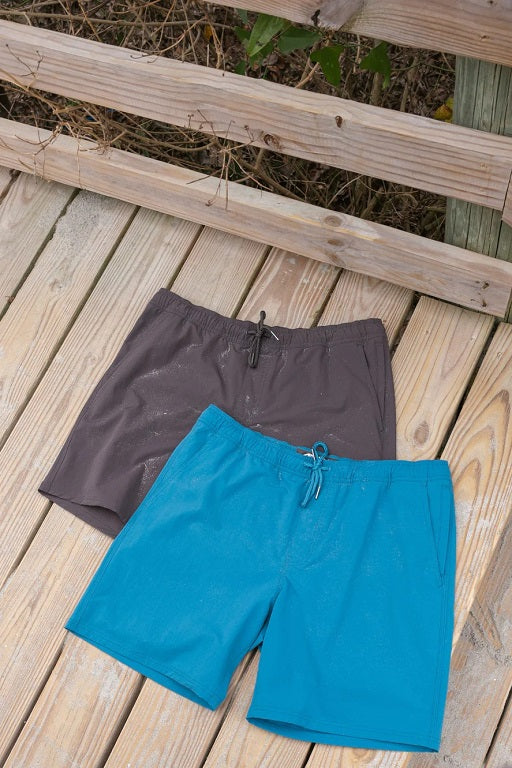
Safety Tips
Safety is very important in kayaking. Always wear a life jacket approved by the Coast Guard, regardless of the water conditions or your skill level. For trips in colder climates or during unexpected weather changes, pack a dry bag with emergency gear and an inflatable kayak for quick deployment. Keep an eye on weather conditions and water temperature, especially in extreme climates like the Pacific Northwest. Remember, proper kayak safety can turn a challenging paddling trip into a rewarding adventure.
Importance of Dressing for Water Temperature, Not Air Temperature
When it comes to kayaking, it's essential to dress for the water temperature rather than the air temperature. Even on a warm day, the water can be significantly colder, posing a risk of hypothermia if you're not properly dressed. Opt for clothing that provides insulation and can keep you warm even when wet. Look for moisture-wicking materials that will help keep you dry and comfortable throughout your paddling excursion.
Always Wearing a Personal Flotation Device (PFD)
A personal flotation device (PFD) is a must-have safety accessory for kayaking. It not only keeps you afloat in the water but also provides essential buoyancy in case of an emergency. Make sure to choose a PFD that fits snugly and comfortably, and always wear it while kayaking, regardless of your skill level or swimming ability.
Planning for Changes in Weather
Weather conditions can change rapidly while you're out on the water, so it's essential to be prepared for any scenario. Pack extra layers of clothing that you can easily add or remove depending on the temperature and weather conditions. Additionally, bring along a waterproof jacket or poncho to protect yourself from rain or wind, and don't forget to pack a hat and sunglasses for sun protection.
Explore Mountain Khakis Apparel for Your Next Kayaking Adventure
When it comes to high-quality outdoor apparel, Mountain Khakis has you covered. Our range of durable and stylish clothing is designed to withstand the rigors of outdoor adventures, including kayaking. From moisture-wicking base layers to quick-drying shorts and waterproof jackets, our apparel is built to keep you comfortable and protected while you're out on the water.
Check out our collection of adventure apparel to help supplement your next paddling excursion. Whether you're tackling cold water conditions or paddling under the hot sun, Mountain Khakis has the perfect gear to keep you safe and comfortable on your kayaking adventures.
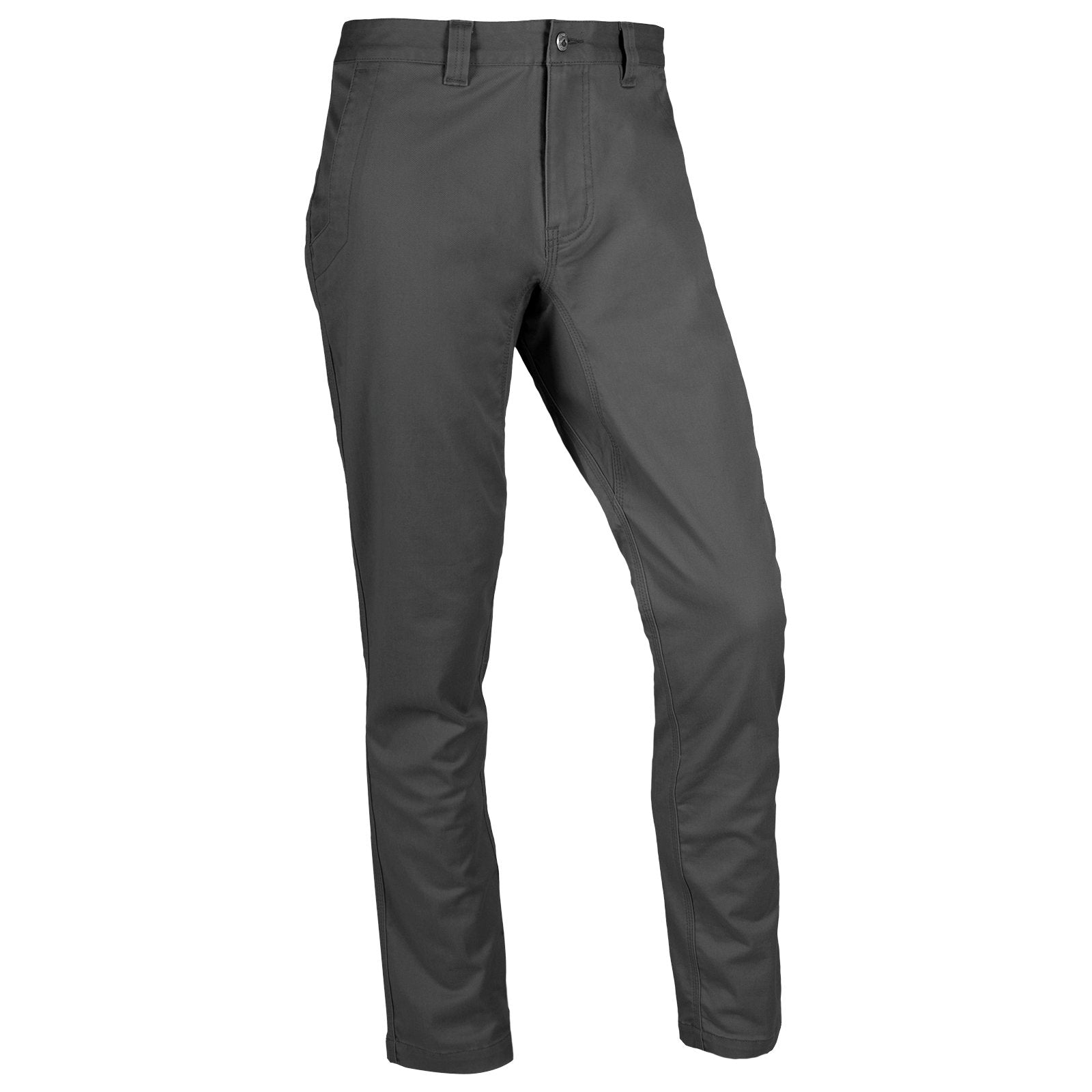
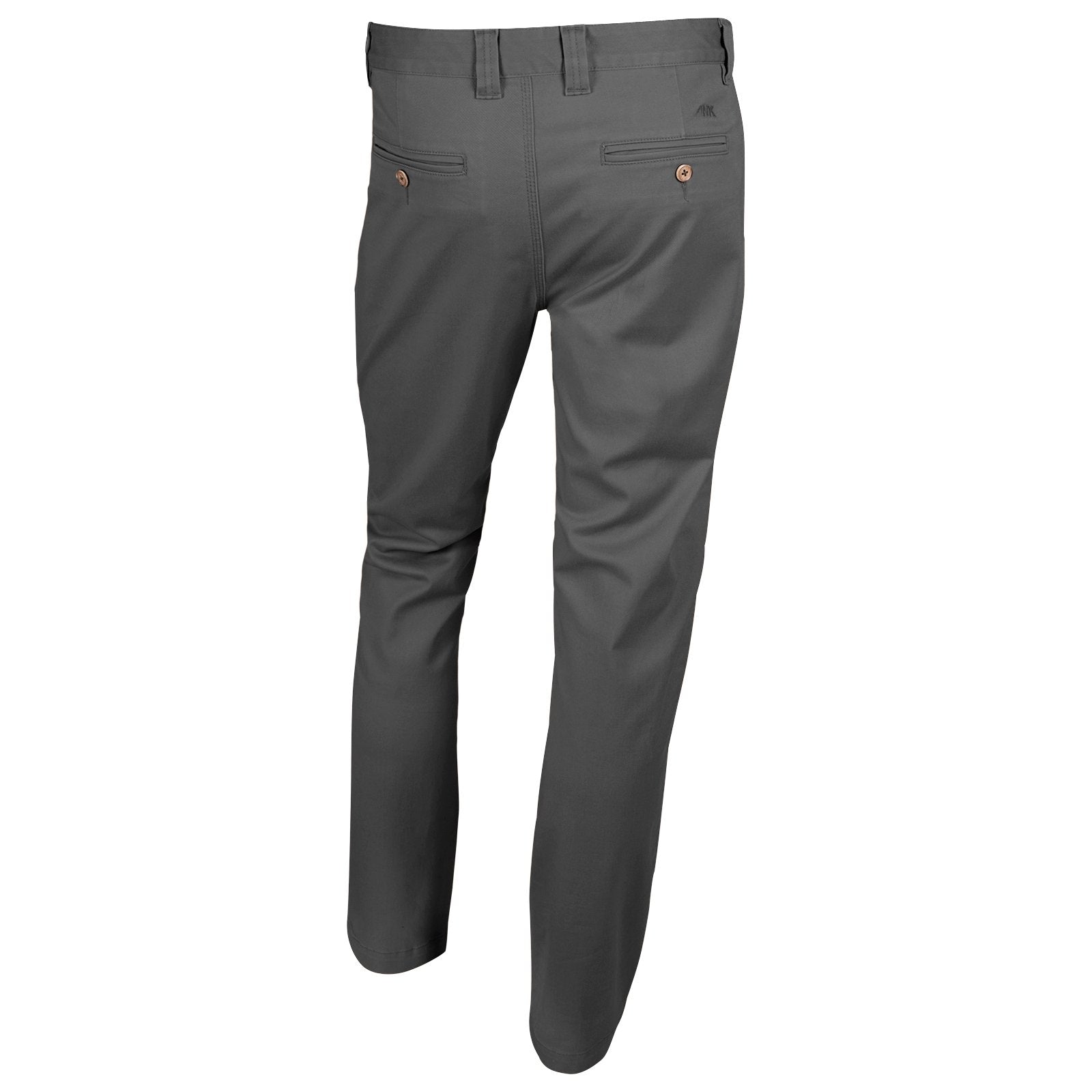
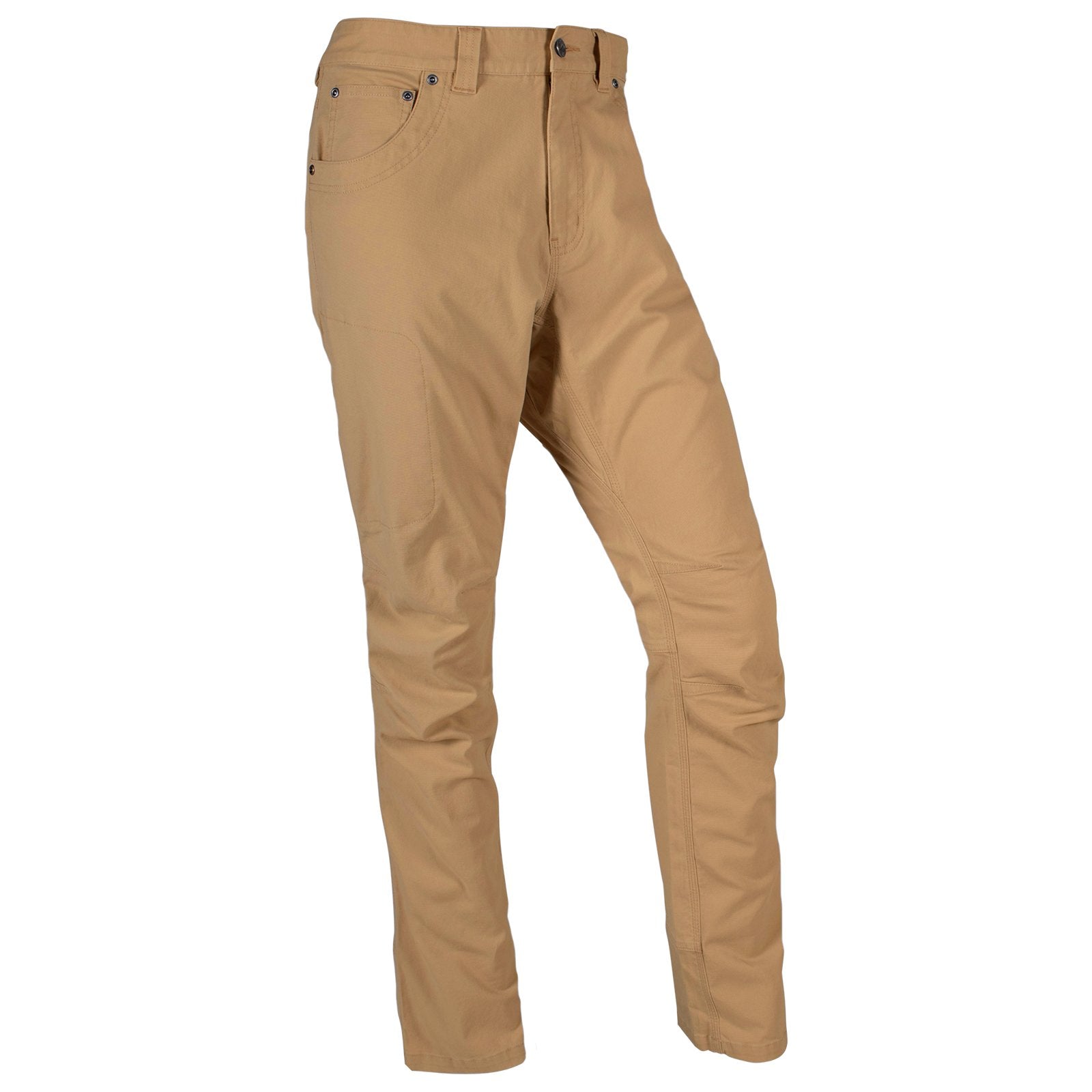
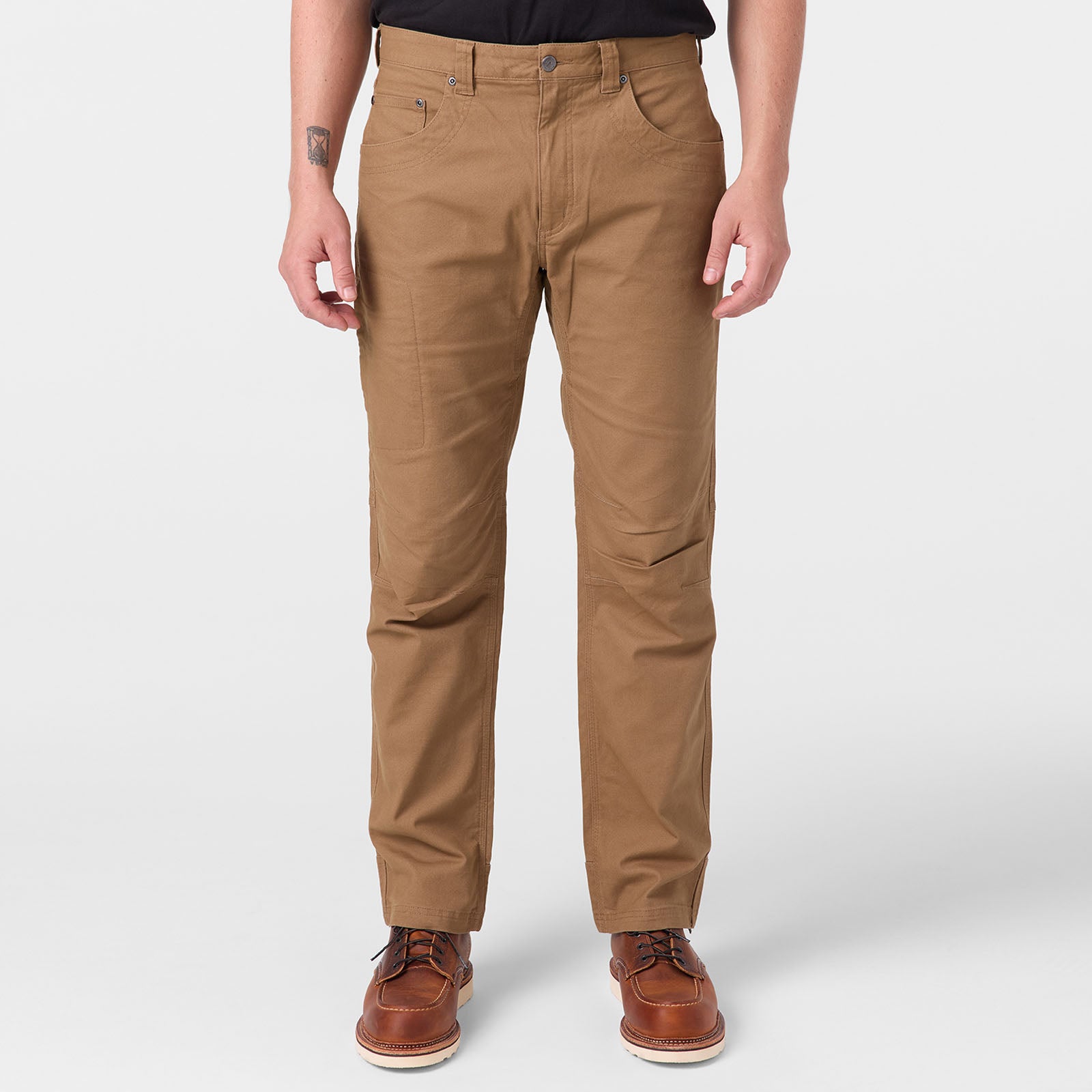
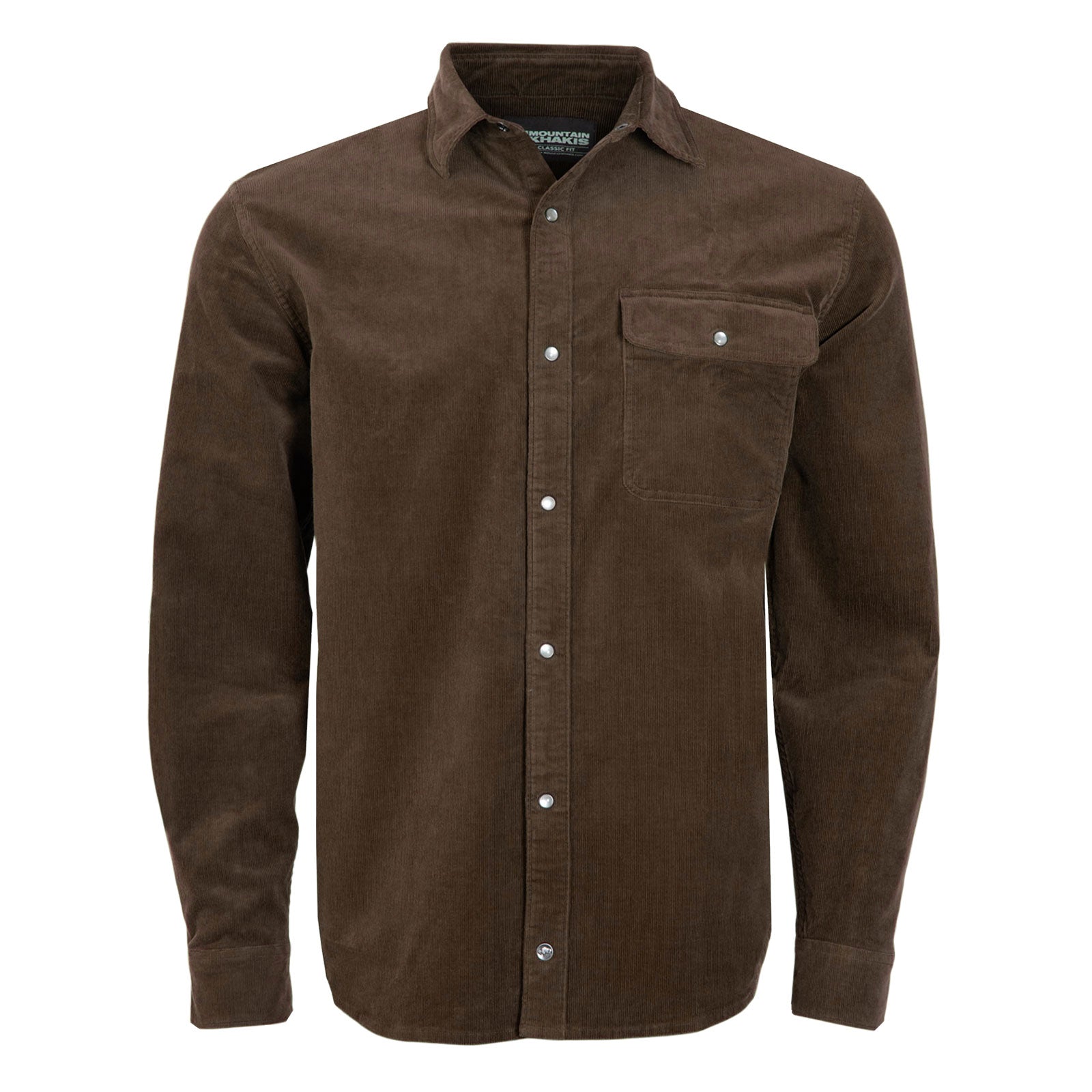
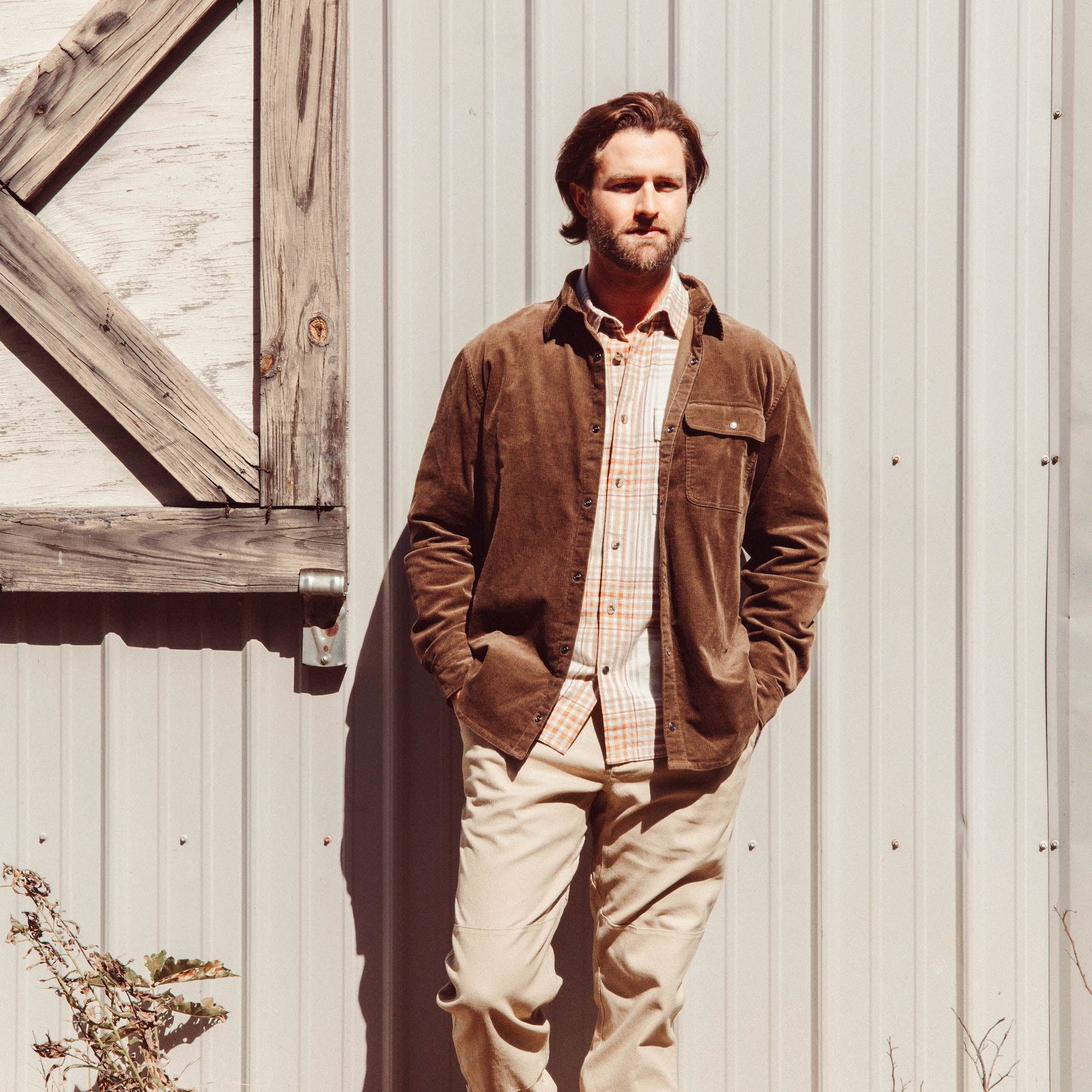
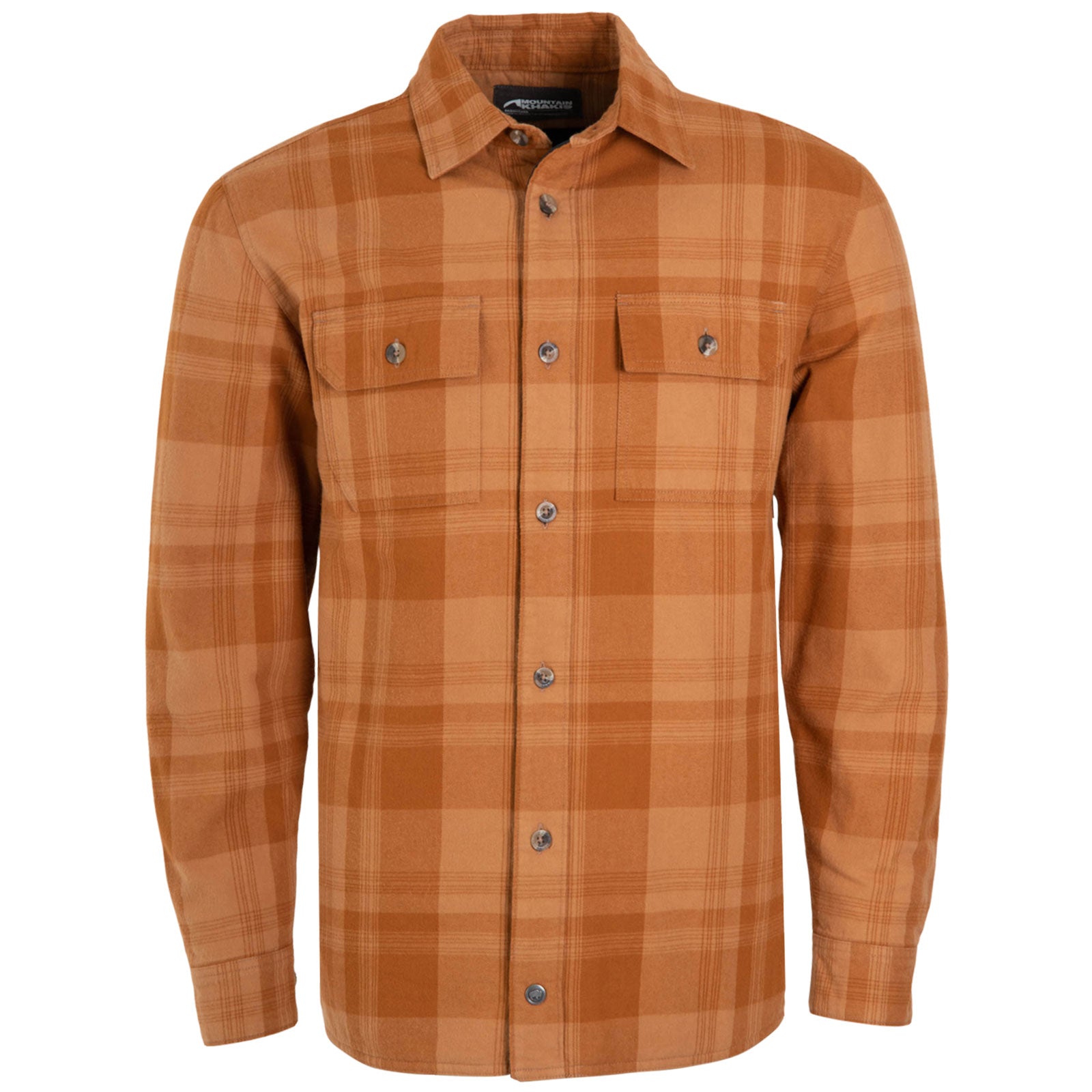

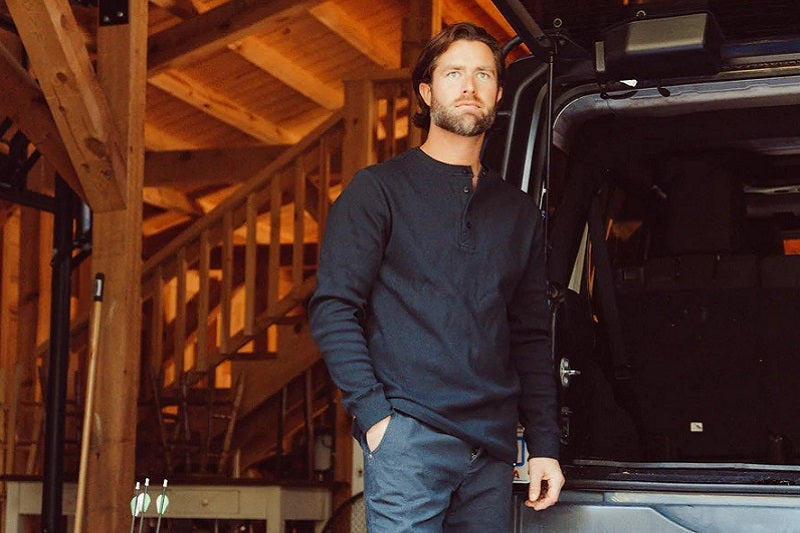
Leave a comment